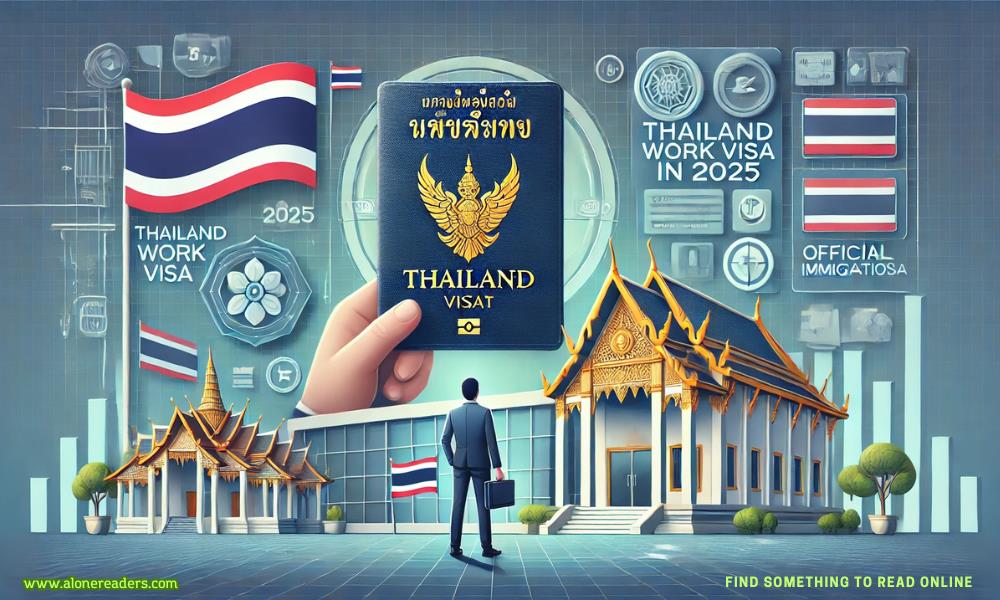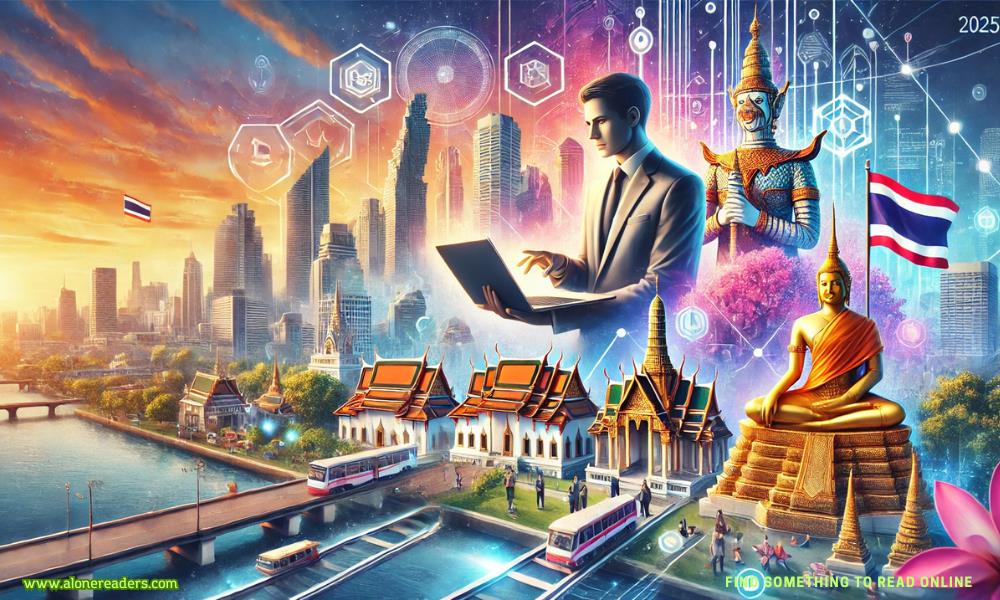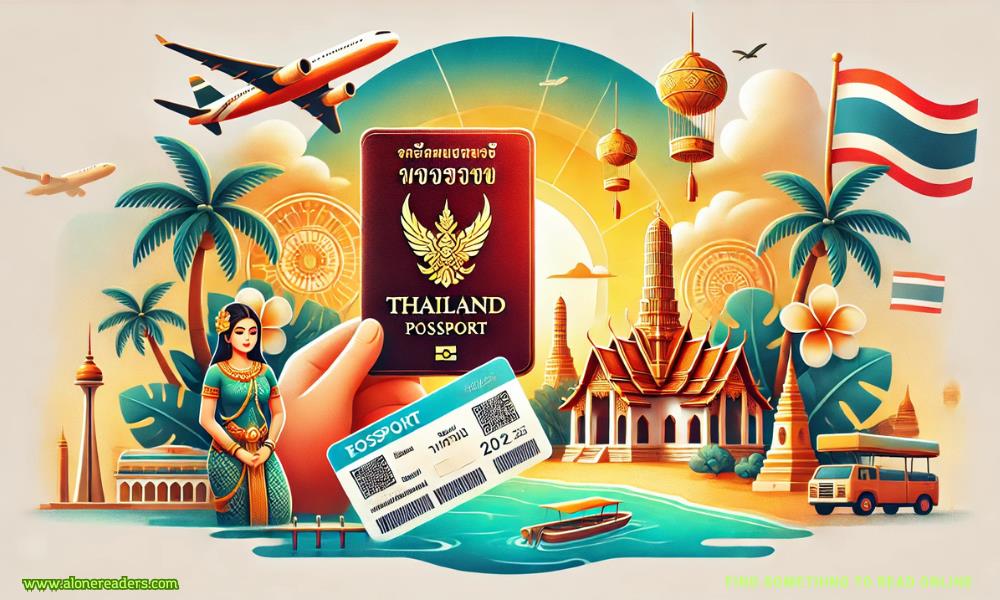Page 1 of Crossed (Matched 2)
I wonder if some of that longing came through in my voice when I spoke of the painting, if Xander noticed and remembered. Xander still plays the game in a subtle way. This painting is one of his cards. Now, when I see the painting or touch one of the newrose petals, I remember the way he felt so familiar and knew so much, and I ache for what I’ve had to let go.
I was right about this being the last time we could look at the picture. When I pick it up, it falls to pieces. We all sigh, at the same time, our combined exhalation moving the fragments on its breeze.
“We could go view the painting on the port,” I tell them. The one port in camp sits humming over in the main hall, large and listening.
“No,” says Indie. “It’s too late. ”
It’s true; we’re supposed to stay in our cabin after dinner. “Tomorrow during breakfast, then,” I say.
Indie makes a dismissive gesture, turns her face away. She’s right. I don’t know why it’s not the same, but it isn’t. At first, I thought it was having the picture that made it special, but it’s not even that. It’s looking at something without being watched, without being told how to see. That’s what the picture has given us.
I don’t know why I didn’t carry around pictures and poems all the time before I came here. All that paper in the ports, all that luxury. So many carefully selected pieces of beauty and still we didn’t look at them enough. How did I not see that the color of the green near the canyon was so new you could almost feel the smoothness of the leaf, the stickiness like butterfly wings opening for the first time?
In one swift motion, Indie brushes the pieces from my bed. She didn’t even look to do it. That’s how I know she cared about losing the picture, because she knew exactly where the fragments lay.
I carry them to be incinerated, my eyes blurring with tears.
It’s all right, I tell myself. You have other, solid things left, hidden under the papers and petals. A tablet container. A silver box from the Match Banquet.
Ky’s compass and the blue tablets from Xander.
I don’t usually keep the compass and the tablets in the bag with me. They’re too valuable. I don’t know if the Officers search through my things but I’m sure the other girls do.
So, on the first day in each new camp, I bring out the compass and the blue tablets, plant them deep, and come for them later. Besides being illegal, they are both valuable gifts: the compass, golden and bright, can tell me which direction I need to go. And the Society has always told us that, with water, the blue tablet can keep us alive for a day or two. Xander stole several dozen for me; I could live for a long time. Together, their gifts are the perfect combination for survival.
If I could only get to the Outer Provinces to use them.
On nights like tonight—the night before a transfer—I have to find my way back to where I planted them and hope I remember the spot. This evening I was the last one inside, my hands stained dark with dirt from a different part of the field. It’s why I hurried to wash my hands; what I hope Indie didn’t notice with her sharp eyes as she stood behind me. I hope that no traces of soil fall out of the bag and that no one hears the musical chime, the sound of promise, as the silver box and the compass bump into each other and against the tablet container.
In these camps, I try to conceal the fact that I’m a Citizen from the other workers. Though the Society usually keeps knowledge of status confidential, I’ve overheard conversations between some of the girls about having to give up their tablet containers. Which means that somehow—through their own mistakes or those of their parents—some of these girls have lost their Citizenship. They’re Aberrations, like Ky.
There’s only one classification lower than Aberration: Anomaly. But you almost never hear of them anymore. They seem to have vanished. And it seems to me now that, once the Anomalies were gone, the Aberrations took their place—at least in the collective mind of the Society.
No one talked about the Rules of Reclassification back in Oria, and I used to worry that I could cause the Reclassification of my family. But now I’ve figured out the rules from Ky’s story and from listening to the other girls speak in unguarded moments.
The rules are this: If a parent becomes Reclassified, the whole family does, too.
But if a child becomes Reclassified, the family does not. The child alone bears the weight of the Infraction.
Ky was Reclassified because of his father. And then he was brought to Oria when the first Markham boy died. I realize now how truly rare Ky’s situation was—how he could only come back from the Outer Provinces because someone else was killed, and how his aunt and uncle, Patrick and Aida Markham, might have been even higher up in the Society than any of us realized. I wonder what has happened to them now. The thought makes me cold.
But, I remind myself, leaving to find Ky will not destroy my family. I can cause my own Reclassification, but not theirs.
I cling to this thought—that they will still be safe, and Xander, too, no matter where I have to go.
“Messages,” says the Officer as she enters the room. It’s the one with the sharp voice and the kind eyes. She gives us a nod as she begins to read the names. “Mira Waring. ”
Mira steps forward. We all watch and count. Mira gets three messages, the same as usual. The Officer prints out and reads the pages before we see them to save the time of all of us lining up at the port.
There is nothing for Indie.
And only one message for me, a combined one from my parents and Bram. Nothing from Xander. He has never missed a week before.
What happened? I tighten my hand on my bag and I hear the crumple of paper inside.
“Cassia,” the Officer says. “Please come with me to the main hall. We have a communication for you. ”
The other girls stare at me in surprise.
And then a chill cuts through me. I know who it must be. My Official, checking in on me from the port.
I can see her face clearly in my mind, every icy line of it.
I don’t want to go.
“Cassia,” the Officer says. Looking back at the girls, at the cabin that suddenly seems warm and cozy, I stand up to follow her. She leads me back along the path to the main hall and over to the port. I hear it humming all the way across the room.
I keep my eyes down for a moment before looking up toward the port. Compose your face, your hands, your eyes. Look out at them so they cannot see into you.
“Cassia,” someone else says, a voice I know.
And then I look up, and I don’t believe what I see.
He’s here.
The port is blank, and he stands before me, real.
He’s here.
Whole and healthy and unharmed.
Here.
Not alone—an Official stands behind him—but still, he’s—
Here.
I put my red, mapped hands over my eyes because it’s too much to see.
“Xander,” I say.
CHATPER 3
KY
It’s been a month and a half since we left that boy in the water. Now I lie in the dirt and fire comes down from above.
It’s a song, I tell myself, same as I always do. The bass sound of the heavy shots, the soprano of the screams, the tenor of my own fear. All part of the music.
Don’t try to run. I told the others too, but new decoys never listen. They believe what the Society told them on the way out here: Do your time in the villages and we’ll bring you home in six months. We’ll give you Citizen status again.
No one lasts six months.
When I climb out, there will be black buildings and splintered gray sagebrush. Burned, fallen bodies strewn along the orange sandy earth.
And now there’s a break
in the song and I swear. The air ships are on the move. I know what draws their fire.
Early this morning, boots crunched in the frost behind me. I didn’t look back to see who followed me to the edge of the village.
“What are you doing?” someone asked. I didn’t recognize the voice, but that didn’t mean much. They’re always sending new people out here to the villages from the camp. We die faster and faster these days.
I knew even before they pushed me onto that train back in Oria that the Society would never use us to fight. They have plenty of technology and trained Officers for that. People who aren’t Aberrations or Anomalies.
What the Society needs—what we are for them—are bodies. Decoy villagers. They move us. Put us wherever they need more people to draw fire from the Enemy. They want the Enemy to think the Outer Provinces are still inhabited and viable, although the only people I’ve seen here are ones like us. Dropped down from the sky with just enough to keep us alive until the Enemy kills us.
No one goes home.
Except me. I came home. The Outer Provinces are where I once belonged.
“The snow,” I told the new decoy. “I’m looking at the snow. ”
“It doesn’t snow here,” he scoffed.
I didn’t answer. I kept looking up at the top of the nearest plateau. It’s something worth seeing, white snow on red rocks. While it melts it turns from white to crystal clear and shot through with rainbows. I’ve been up high before when the snow came down. It was beautiful the way it feathered the winter-dead plants.
Behind me, I heard him turn and run back toward the camp. “Look up on the plateau!” he yelled, and the others stirred and called back in excitement.
“We’re going up to get the snow, Ky!” someone hollered at me a few moments later. “Come on. ”
“You won’t make it,” I told them. “It will melt too fast. ”
But no one listened to me. The Officials still keep us thirsty and what water we do have tastes like the insides of our canteens. The closest river now is poisoned and rain doesn’t come often.
One cold swallow of fresh water. I can see why they wanted to go.
“You sure?” one of them called back to me, and I nodded again.
“You going, Vick?” someone called out.
Vick stood up, shielded his hard blue eyes with one hand, and spit down into the frosted sagebrush. “No,” he said. “Ky says it’ll melt before we get there. And we’ve got graves to dig. ”
“You’re always making us dig,” one of the decoys complained. “We’re supposed to act like farmers. That’s what the Society says. ” He was right. They want us to use the shovels and seeds from the village sheds to plant winter crops and to leave the bodies where they lie. I’ve heard other decoys say that that’s what they do in the other villages. They leave the carcasses for the Society or the Enemy or any animals who might want them.
But Vick and I bury people. It started with the boy and the river and no one’s stopped us yet.
Vick laughed, a cold sound. In the absence of any Officials or Officers he has become the unofficial leader out here and sometimes the other decoys forget that he doesn’t actually have any power within the Society. They forget that he’s an Aberration, too. “I don’t make you do anything. Neither does Ky. You know who does, and if you want to take your chances up there, I won’t stop you. ”
The sun climbed higher and so did they. I watched for a while. Their black plainclothes and the distance between the village and the plateau made them look like ants swarming a hill. Then I stood up and started back to work, digging holes in the graveyard for the ones who died in the firing the night before.
- Praise Me: Princess by Jessa Kane
- Animal Instincts by Jenika Snow
- Captured By the Bratva by Ava Gray
- Devlin by Winter Sloane
- Cruel Honor by Ivy Davis
- Playing With Fire by Emily Hayes
- The Ballerina by Jade Marshall
- Frat House Fling by Stephanie Brother
- Use Me, Daddy by Sara Fields
- Snowy Secrets by Ajme Williams
- Fierce-Michael by Natalie Ann
- Forever His This Christmas by Rosa Mink
- Trust Me With Forever by Kayla Chase
- She's Got that Fire by Haley Travis
- Savage Mountain Man by Lilah Hart
- The Way You Hurt Me by Emm Darcy







